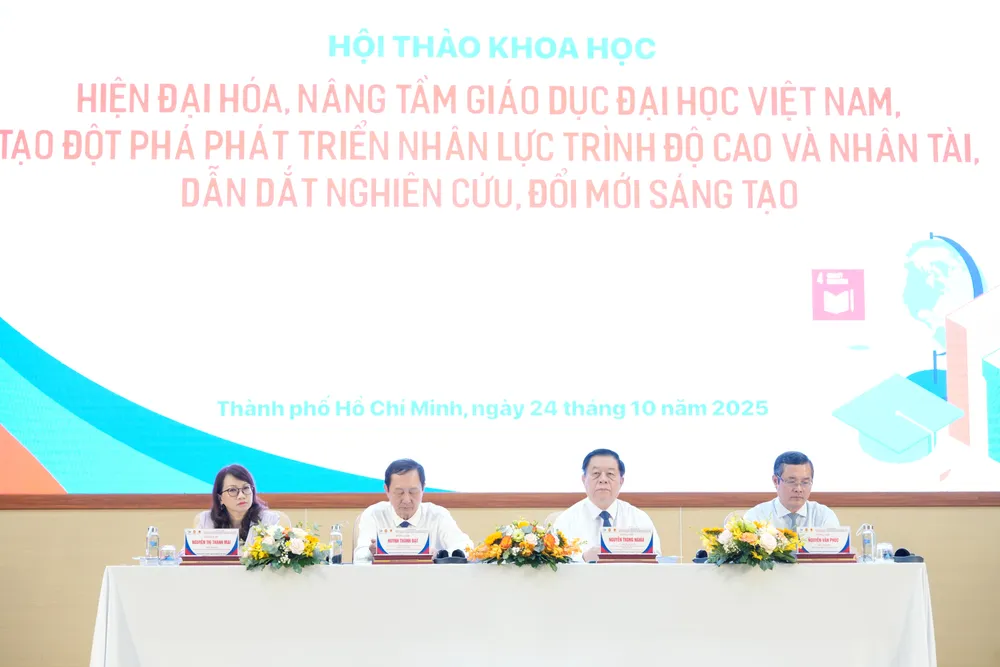
Comrade Nguyen Trong Nghia, Politburo member, Secretary of the Party Central Committee, Head of the Central Propaganda and Education Commission, attended and gave a speech orienting the content of the workshop.
Determination to act from the central to local levels and higher education institutions
The workshop aimed to disseminate and guide the implementation of Resolution No. 71-NQ/TW of the Politburo on breakthroughs in education and training development, especially those related to higher education; raise awareness, make proposals and recommendations to concretize breakthroughs to modernize and improve Vietnam's higher education. The workshop was attended by leaders of central and local departments, ministries, branches, managers, scientists and leading experts in the field of education.
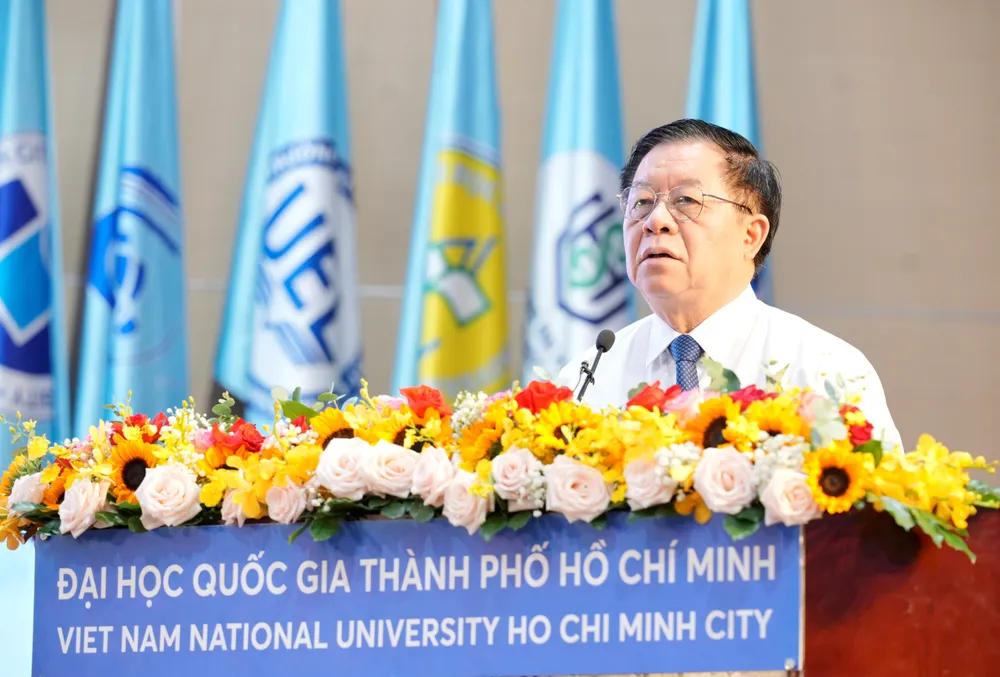
Orienting the content of the workshop, comrade Nguyen Trong Nghia requested experts and scientists to focus on exchanging, discussing, analyzing and clarifying a number of important contents. In particular, continuing to research, thoroughly grasp and propagate Resolution No. 71-NQ/TW to penetrate deeply into the awareness of the entire political system and society, creating strong changes in thinking, will and determination to act from the Central to local levels and higher education institutions; developing a team of lecturers, researchers, experts, scientists and education managers to ensure sufficient capacity, quality and prestige to meet the requirements of modernization and upgrading of higher education; promoting deep international cooperation and integration in higher education and training, especially in key areas and emerging technologies.
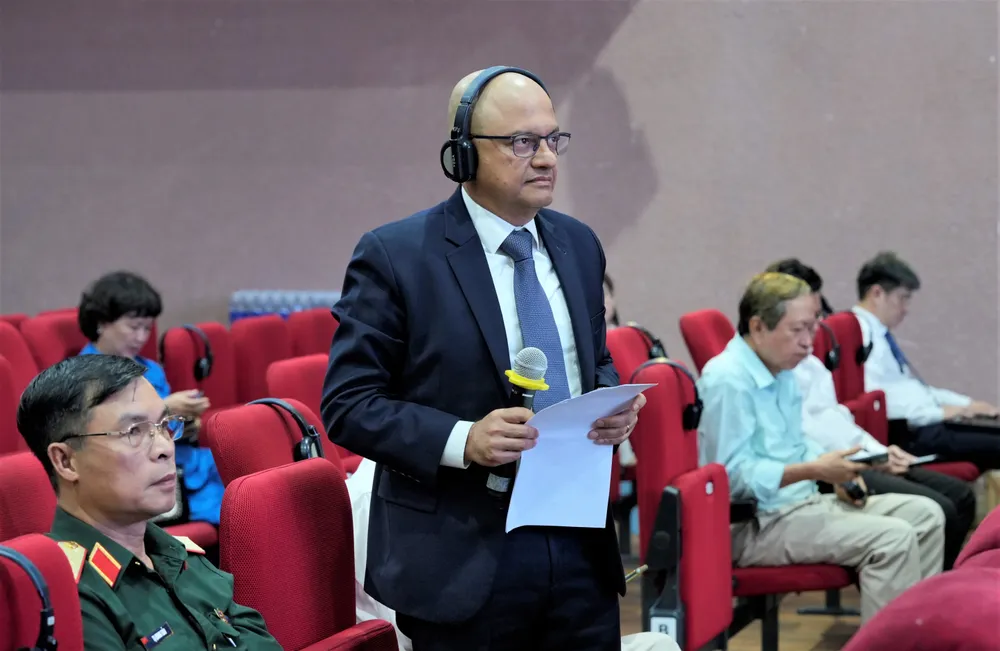
The Head of the Central Propaganda and Mass Mobilization Commission emphasized: “At today's workshop, I also request that comrades, experts, and scientists pay attention to contributing their opinions to the draft documents of the 14th National Party Congress, especially the contents on building a modern national education system, on par with the region and the world; making breakthroughs in science and technology development, innovation, and national digital transformation; and strongly and comprehensively developing Vietnamese culture and people. The contributions of experts, scientists, and intellectuals to the draft documents are of special importance, so that the documents are not only the crystallization of the wisdom of the entire Party, people, and army, but also a "torch to light the way" for the country's development in the new period."
Breakthrough recommendations on mechanisms
According to Associate Professor Dr. Do Phu Tran Tinh, Director of the Institute for Policy Development of Ho Chi Minh City National University, in the spirit of Resolution 71, management agencies need to strengthen decentralization and delegation of authority to the two National Universities, Hanoi and Ho Chi Minh City National University. Firstly, the mechanism of decentralization and delegation of authority on organizational structure and personnel apparatus at self-financed public service units in the education sector still has many shortcomings. As evidence for this proposal, he said that a university with a scale of 4,000 or 40,000 students can only have a maximum of 3 vice rectors, which is not appropriate. Therefore, it is necessary to allow a pilot autonomy mechanism at a number of key universities in regulating organizational structure and personnel apparatus. This will help a number of key universities to decide on the number of vice rectors and departmental structure according to their scale, operational characteristics and practical needs, associated with a monitoring and evaluation mechanism to ensure transparency and accountability.
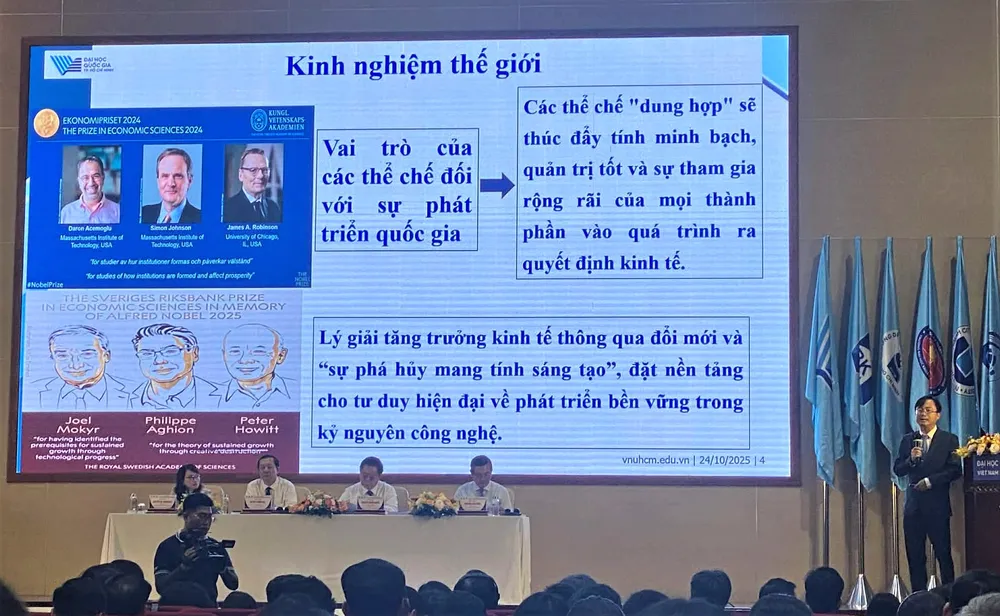
Regarding the recognition of Professors and Associate Professors, Associate Professor Dr. Do Phu Tran Tinh needs to have key schools pilot this work. According to him, the process of recognizing qualifications and appointing the titles of Professor and Associate Professor in Vietnam through 4 councils is too cumbersome and inappropriate. A candidate must submit 3 applications to the basic council and 3 applications to the industry council and needs 50kg of documents. In the context of promoting digital transformation and technology application, having to spend too much on procedures and proof papers like that is unnecessary. Moreover, the term of appointment of the title of Professor and Associate Professor is 5 years. At the end of the term, the organization will review and evaluate for reappointment. However, even if not reappointed, the qualified person will still retain the title of Professor and Associate Professor and can be appointed at another institution. Therefore, it is necessary to allow a pilot program to consider and recognize the titles of Professor and Associate Professor at a number of key universities, multidisciplinary universities with strong prestige and scientific potential, and a large number of leading scientists. The institutions are allowed to self-recognize and appoint the titles of Professor and Associate Professor based on compliance with the general standards issued by the Prime Minister.
Increase investment in core technology industries
Economist Tran Thi Anh Nguyet (World Bank) said that Vietnam has placed human resources and higher education (HE) on par with science and technology as a top national priority to promote economic development and growth. Resolution 71 emphasizes that HE institutions are the key foundation for training high-quality human resources and talents, as well as promoting science, technology and innovation (STI).
Despite the above positive signals, to date, no Vietnamese HEI has made it into the top 100 universities in science or engineering. Vietnam’s absence from the top regional and global academic rankings reflects a significant lack of outstanding research achievements. Vietnam’s lack of world-class research institutions and high-impact scientific research is a major barrier to creating world-class innovation hubs and national innovation capacity.
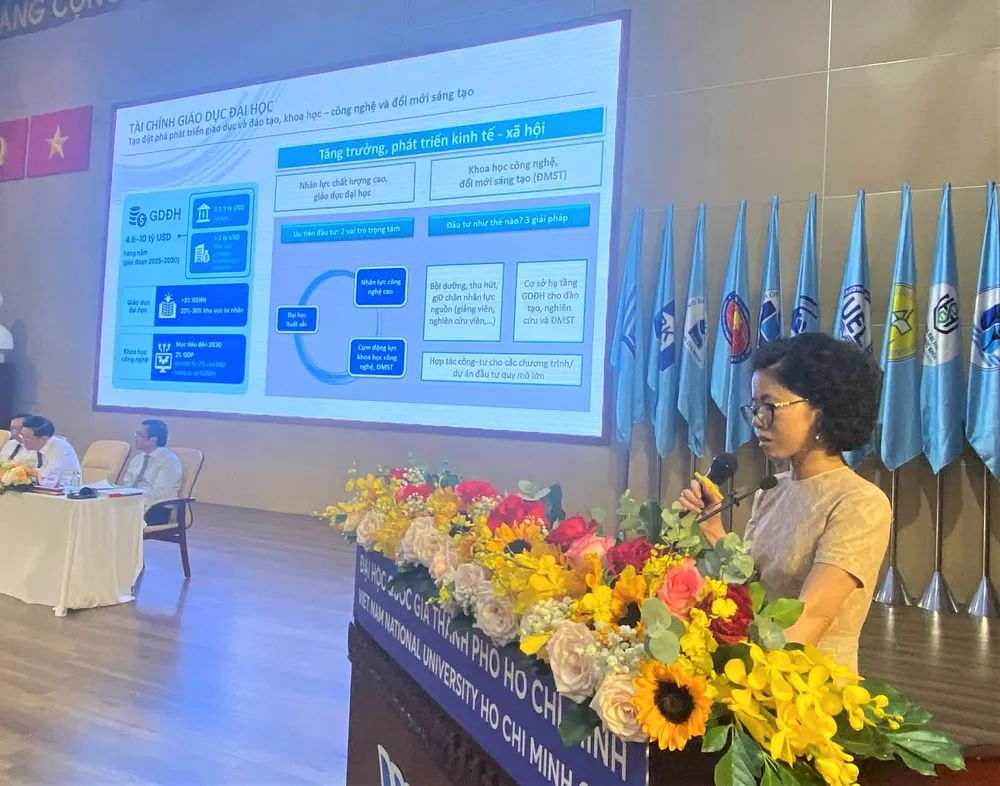
From that reality, expert Tran Thi Anh Nguyet proposed that the investment budget for implementing the program of developing science and technology, innovation and higher education is estimated to need at least 12-17 billion USD in the period of 2026-2030, including fixed asset investment costs for infrastructure and regular operating costs (operating costs). Financial sources can come from the state budget, contributions from the private sector and potential funding from development partners. Along with that, this expert also analyzed the allocation of investment expenditures, the public-private contribution ratio until 2030, the target is that for every 1 dong of the state budget spent on human resource development, the private sector will also spend 1 dong - whether through sharing the costs of building and operating laboratories, training their staff, or sponsoring training programs at higher education institutions.
The workshop attracted more than 40 presentations focusing on 4 topics: University policy and governance; Training and human resource development; Scientific research, technology and innovation; Integration and sustainable development. At the discussion session, delegates frankly recommended and proposed to perfect the institution, modern university governance model, to solutions to effectively mobilize resources to develop universities, aiming at universities not only being a place to train high-quality human resources but also a center of research, innovation and elite training of the country, the central driving force of national development.
Source: https://www.sggp.org.vn/tim-giai-phap-dot-pha-phat-trien-nhan-luc-trinh-do-cao-dan-dat-nghien-cuu-doi-moi-sang-tao-post819718.html














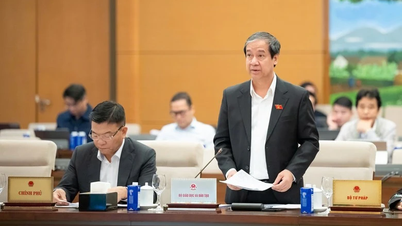


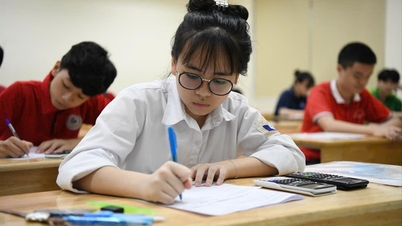
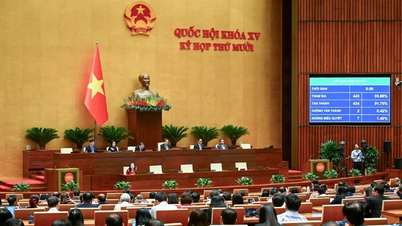













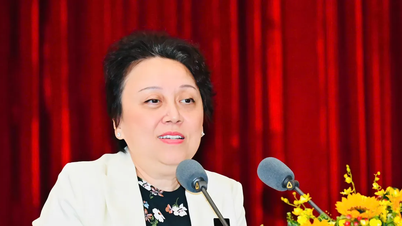
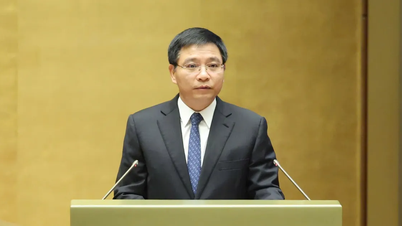

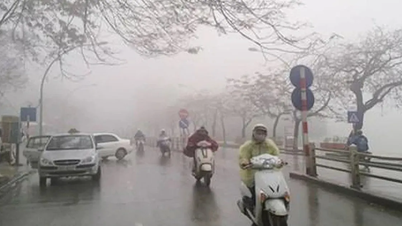







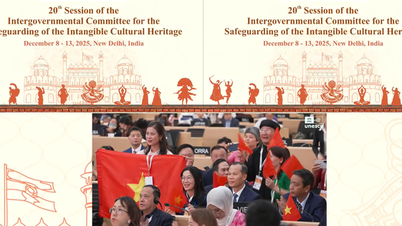

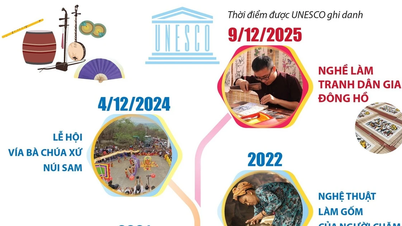

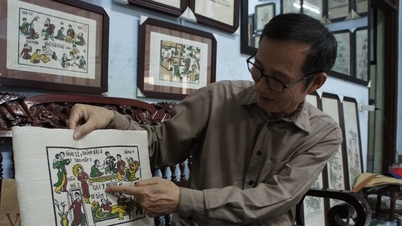





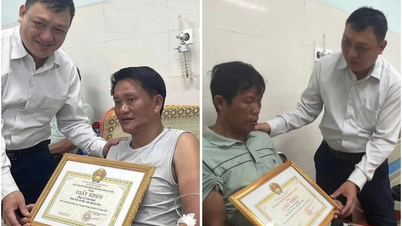
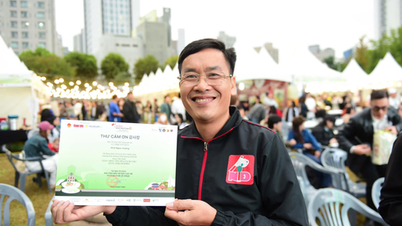

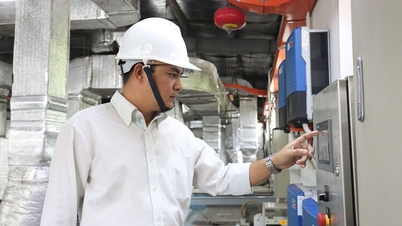




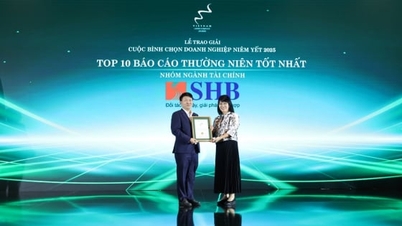



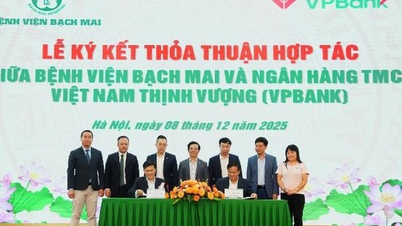

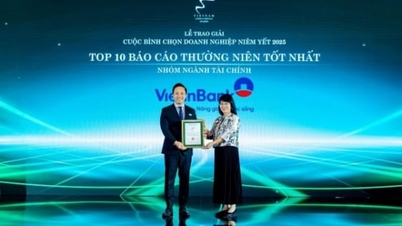












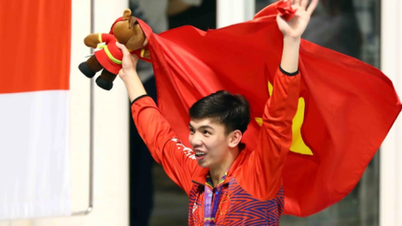
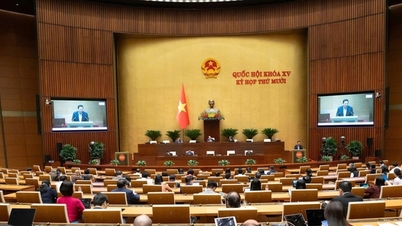

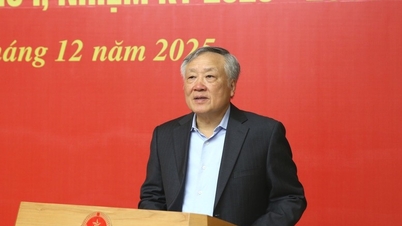

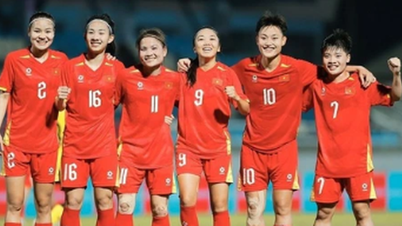
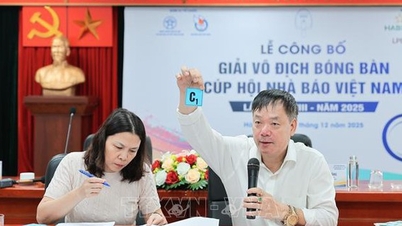
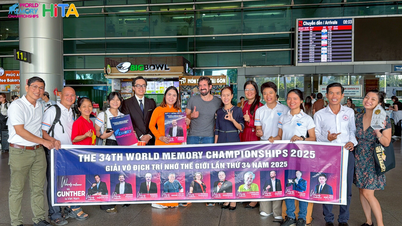


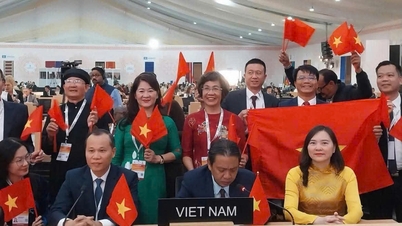



![[Podcast] National Assembly approves personal allowance deduction of VND 15.5 million/month](https://vphoto.vietnam.vn/thumb/402x226/vietnam/resource/IMAGE/2025/12/10/1765340032834_hnm-1cdn-vn-thumbs-540x360-2025-11-04-_hnm-1cdn-vn-thumbs-540x360-2025-06-27-a7b22b8722-_thu.jpeg)


















Comment (0)